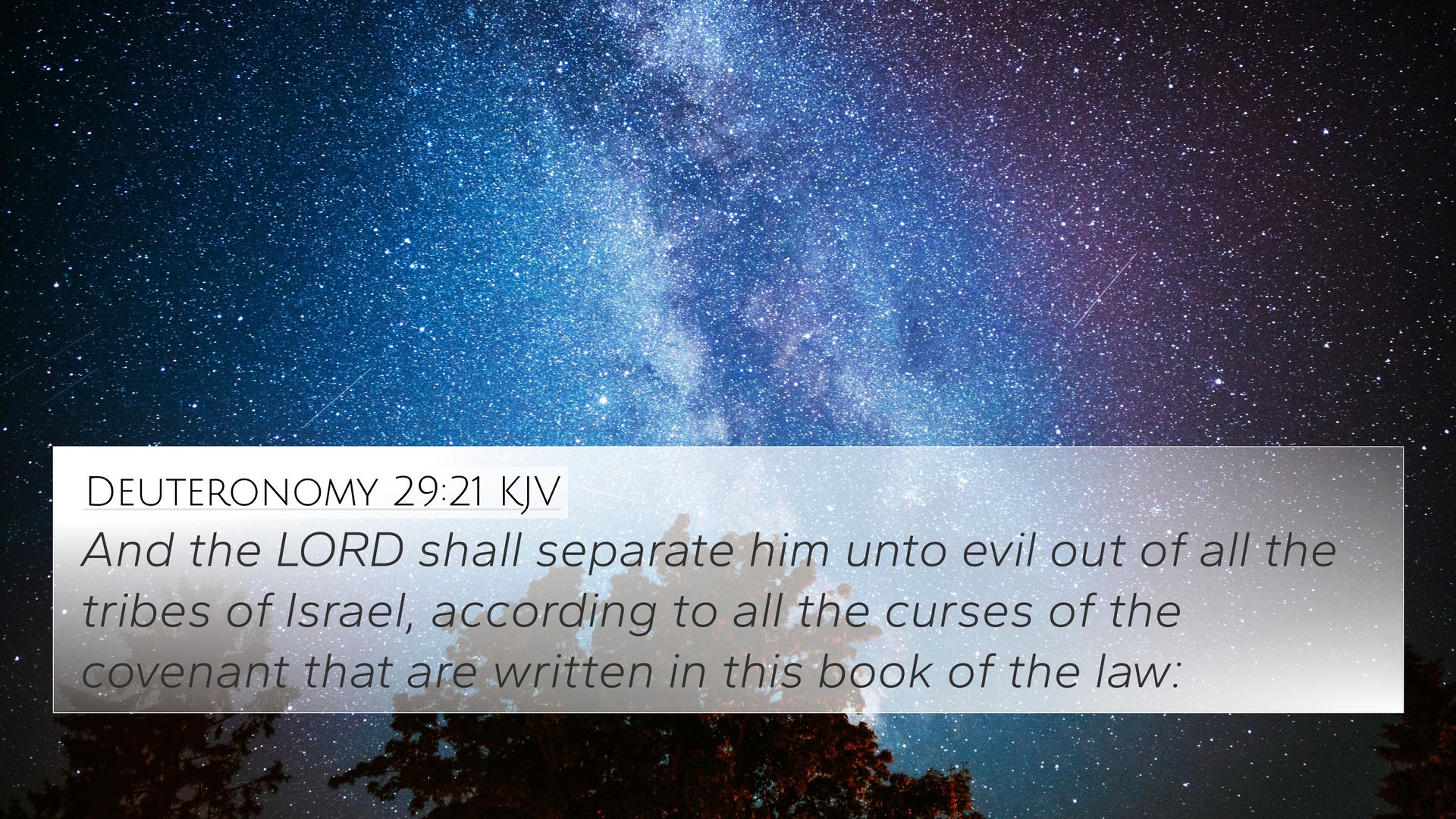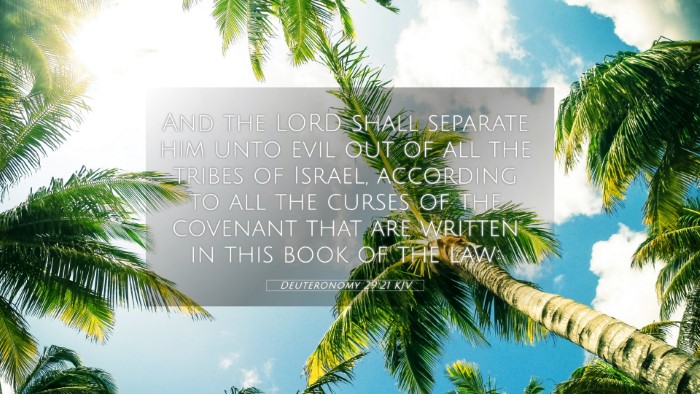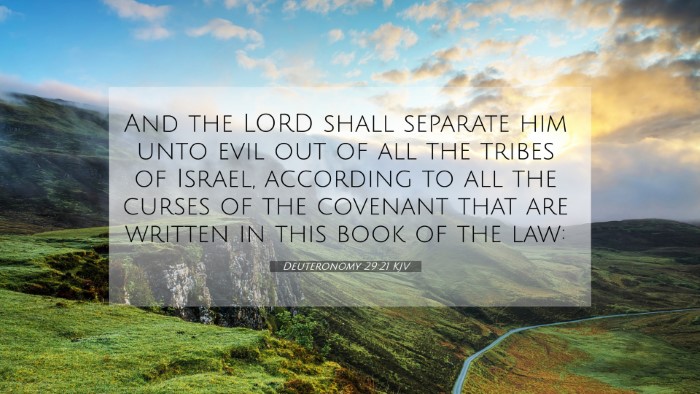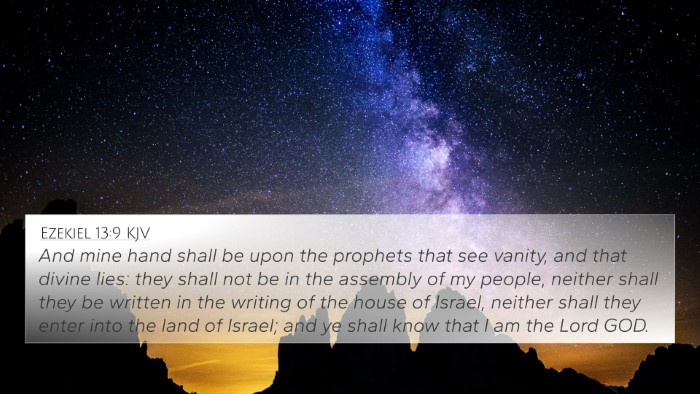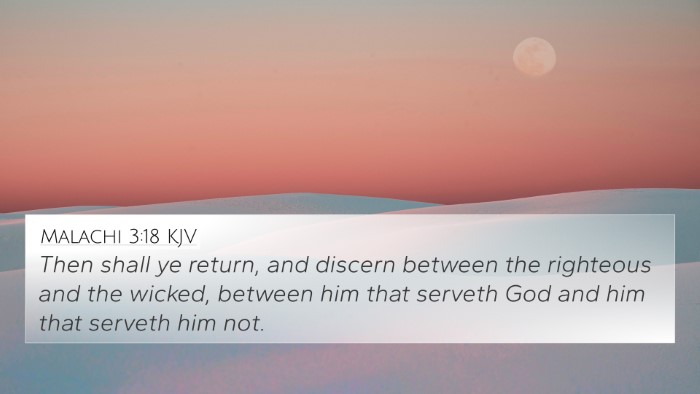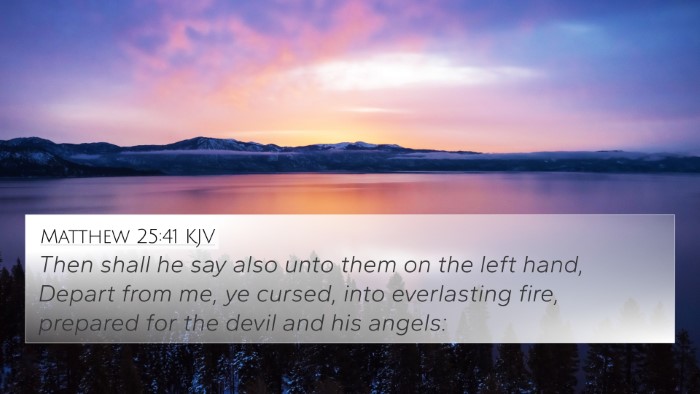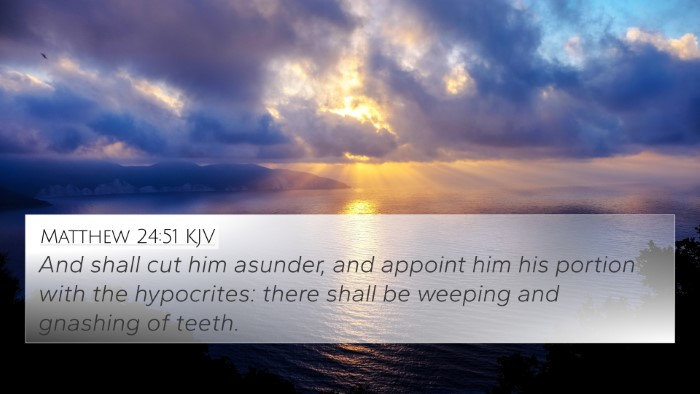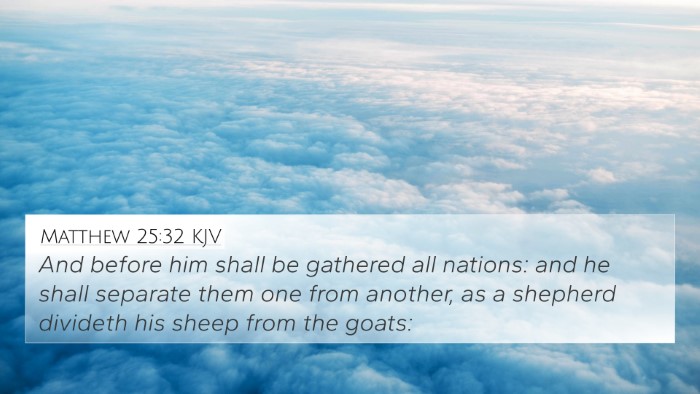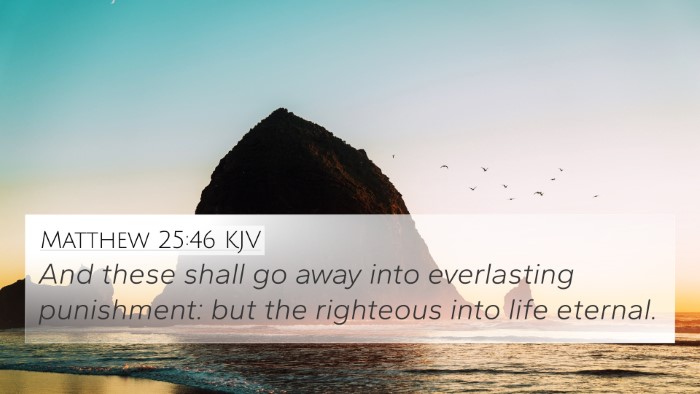Understanding Deuteronomy 29:21
Bible Verse: Deuteronomy 29:21 - "And the Lord shall separate him unto evil out of all the tribes of Israel, according to all the curses of the covenant that are written in this book."
Overview of Deuteronomy 29:21
This verse is significant in the broader context of the Mosaic Covenant, reflecting the serious consequences of disobedience to God. It emphasizes God’s justice and the repercussions that follow covenant violations.
Commentary Insights
Matthew Henry's Commentary
Henry notes that this verse serves as a sobering warning to the people of Israel, concerning the severe penalties prescribed for covenant unfaithfulness. God clearly delineates the covenant's blessings and cursings, which highlights the gravity and weight of one's commitments to the Lord.
Albert Barnes' Notes
Barnes provides insight into the nature of the separations mentioned. He explains that being 'separated unto evil' indicates a profound disassociation from the communal blessings of God, leading to individual judgment and suffering. This emphasizes the dire consequences of straying from God’s statutes.
Adam Clarke's Commentary
Clarke elaborates on the notion of evil as a consequence of rebellion against God. He notes that the 'curses of the covenant' signify not only physical misfortunes but spiritual separation from God, resulting in existential calamity both in this life and beyond. The verse acts as a prophetic warning of judgment that resonates throughout Scriptures.
Cross-References and Thematic Connections
Deuteronomy 29:21 can be linked to several other biblical passages that highlight similar themes of judgment and covenant fidelity:
- Deuteronomy 27:15-26 - Lists curses for disobedience to God's law.
- Joshua 7:12 - Discusses how Israel could not stand before their enemies due to sin.
- Malachi 3:8-10 - Addresses the consequences of robbing God and the resultant curses.
- Romans 1:18 - Discusses the wrath of God against ungodliness and unrighteousness.
- Galatians 3:10 - References the curse upon those who do not abide by the law.
- 2 Thessalonians 1:6-9 - Speaks about God repaying those who afflict His people.
- Hebrews 10:26-31 - Warns of the fearful judgment for those who willfully reject God’s grace.
Inter-Biblical Dialogue and Comparative Analysis
By examining Deuteronomy 29:21 in conjunction with other scriptural texts, one can identify a clear thread running throughout the Bible that stresses the importance of covenant loyalty.
Comparative Themes
The theme of divine judgment as a response to disobedience is echoed throughout the scriptures:
- The Identity of Rebellious Israel: Just as Deuteronomy emphasizes the consequences faced by Israel, other texts, like Isaiah 1:18, contrast the rebellion of Israel with God's willingness to forgive and restore.
- The Final Judgment: The reference to curses in this verse is underscored in Revelation 20:11-15, where the ultimate judgment of the dead is depicted.
- God's Consistent Nature: James 1:17 asserts that God does not change, a principle that echoes throughout the scriptures regarding the nature of His promises and warnings.
Conclusion
Understanding Deuteronomy 29:21 requires a holistic approach that emphasizes the significance of covenant fidelity, the reality of divine judgment, and the interconnectedness of biblical texts. Through careful cross-referencing and the study of these themes, one gains a deeper appreciation for the theological assertions made in Scripture.
Tools for Further Study
For those interested in exploring biblical connections further, consider utilizing tools such as:
- Bible concordances to find related verses.
- Bible cross-reference guides for deeper thematic studies.
- Cross-reference Bible study methods for structured exploration.
Engagement and Exploration
As you engage with Deuteronomy 29:21 and its related scriptures, consider the following:
- How can understanding God's justice shape your view of His grace?
- What lessons can be drawn from the covenant relationship between God and His people?
